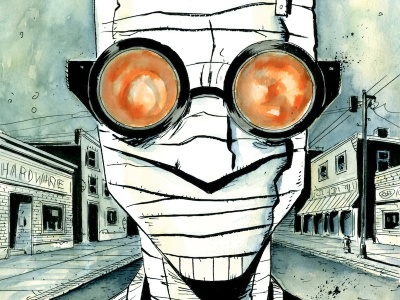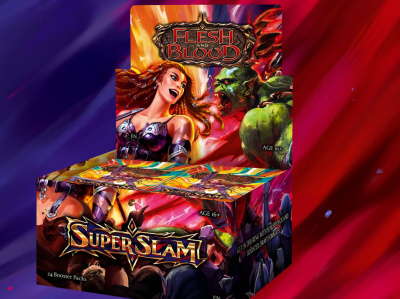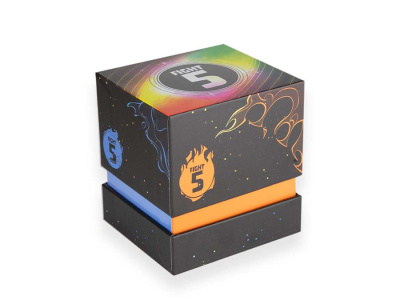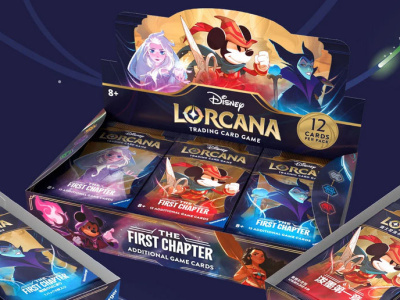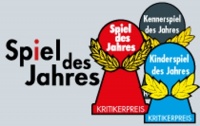 The nominations for the Spiel des Jahres (Game of the Year), the prestigious German game design award, have been released, along with nominations for the Kennerspiel des Jahres and Kinderspiel des Jahres.
The nominations for the Spiel des Jahres (Game of the Year), the prestigious German game design award, have been released, along with nominations for the Kennerspiel des Jahres and Kinderspiel des Jahres. This year’s nominees for Spiel des Jahres are Camel Up, by Steffen Bogen (no US publisher); Concept, by Gaëtan Beaujannot and Alain Rivollet (published by Asmodee in the US) ; and Splendor, by Marc André (distributed by Asmodee in the US, see "'Splendor'").
The Kennerspiel des Jahres (Connoisseur-Enthusiast Game of the Year) was added in 2011, as a separate award recognizing excellence in more complex games intended for experienced game players ("gamers games"). Prior to that, the jury would occasionally award a special “Best Complex Game” award, as with Agricola in 2008 (see "Knizia Captures Kudos for 'Keltis'") or World Without End in 2010 (see "'World Without End'"). This year’s nominees are Concordia, by Mac Gerdts (published by Rio Grande in the US, see "'Concordia' Due Later this Month from Rio Grande"); Istanbul, by Rudiger Dorn (forthcoming from Alderac in the US, see "'Istanbul'"); and Rococo, by Matthias Cramer, Louis Malz and Stefan Malz (published by Eagle Games in the US).
The Kinderspiel des Jahres category is for Best Children’s Game. This year’s nominations include Flizz & Miez, by Klemens Franz, Hanno Girke and Dale Yu (no US publisher); Geister, Geister, Schatzsuchmeister!, by Brian Yu (published by Mattel, but in Germany); and Richard Ritterschlag, by Johannes Zirm (no US publisher).
In his book Eurogames: The Design, Culture and Play of Modern European Board Games, author Stewart Wood states that a Spiel des Jahres nomination can increase the typical sales of a game from 500 - 3000 copies to around 10,000; and the winner can usually expect to sell 300,000 to 500,000 copies.
Last year’s winners are listed here (see "'Hanabi' Is 'Spiel des Jahres 2013'"). This year’s winners will be announced in July.



